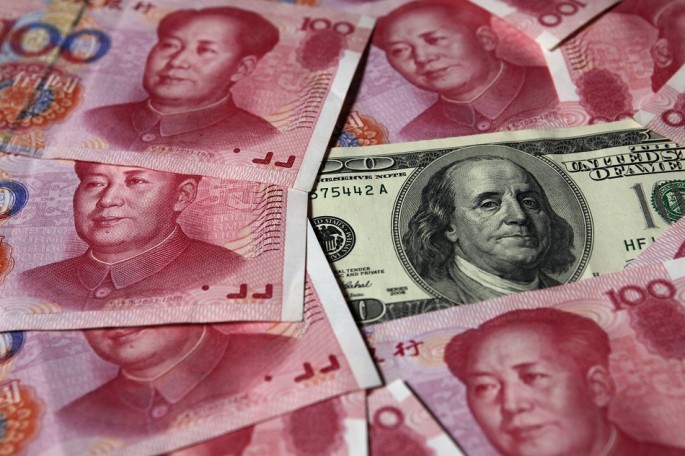A "one-off depreciation" by the Bank of China on Tuesday of the country's currency, the yuan, caused a 1 to 2.5 percent slide down in the prices of commodities such as copper, aluminum, nickel and zinc.
The move is expected to whet the appetite of the Asian giant for commodities in the near term, although it could also boost steel exports of China. The country is the buyer of almost half of the global output of metals.
It caused currencies of countries that are dependent on commodity exports, such as Australia and New Zealand, to decline 1 percent against the greenback, reports The Wall Street Journal. HSBC chief economist for Australia and New Zealand Paul Bloxham said the yuan devaluation spells weaker demand for internationally produced commodities.
It is also the lowest level of the yuan vis-a-vis the dollar in almost three years, notes Reuters. One dollar now trades for 6.32518 yuan.
Phillip Futures investment analyst Daniel Ang foresees oil prices declining further because "When oil becomes more expensive, it is likely to hurt China's demand."
Brent crude fell 1.2 percent to $49.79 a barrel on the ICY Futures exchange in London. The dip of copper futures was bigger at 2.3 percent to $5,173 a ton, while aluminum futures went down 1.8 percent to $1,583 a ton, Nymex crude-oil futures tumbled down 1.6 percent to $44.25 a barrel. Gold suffered a 0.9 percent slide down t $1,094.08 but recovered to $1,113.14 per ounce.
But analysts say gold's gain in London is unsustainable because about one-third of global demand for the safe haven is from China. OCBC economist Barnabas Gan said the yuan's devaluation could worsen global demand for gold.



























